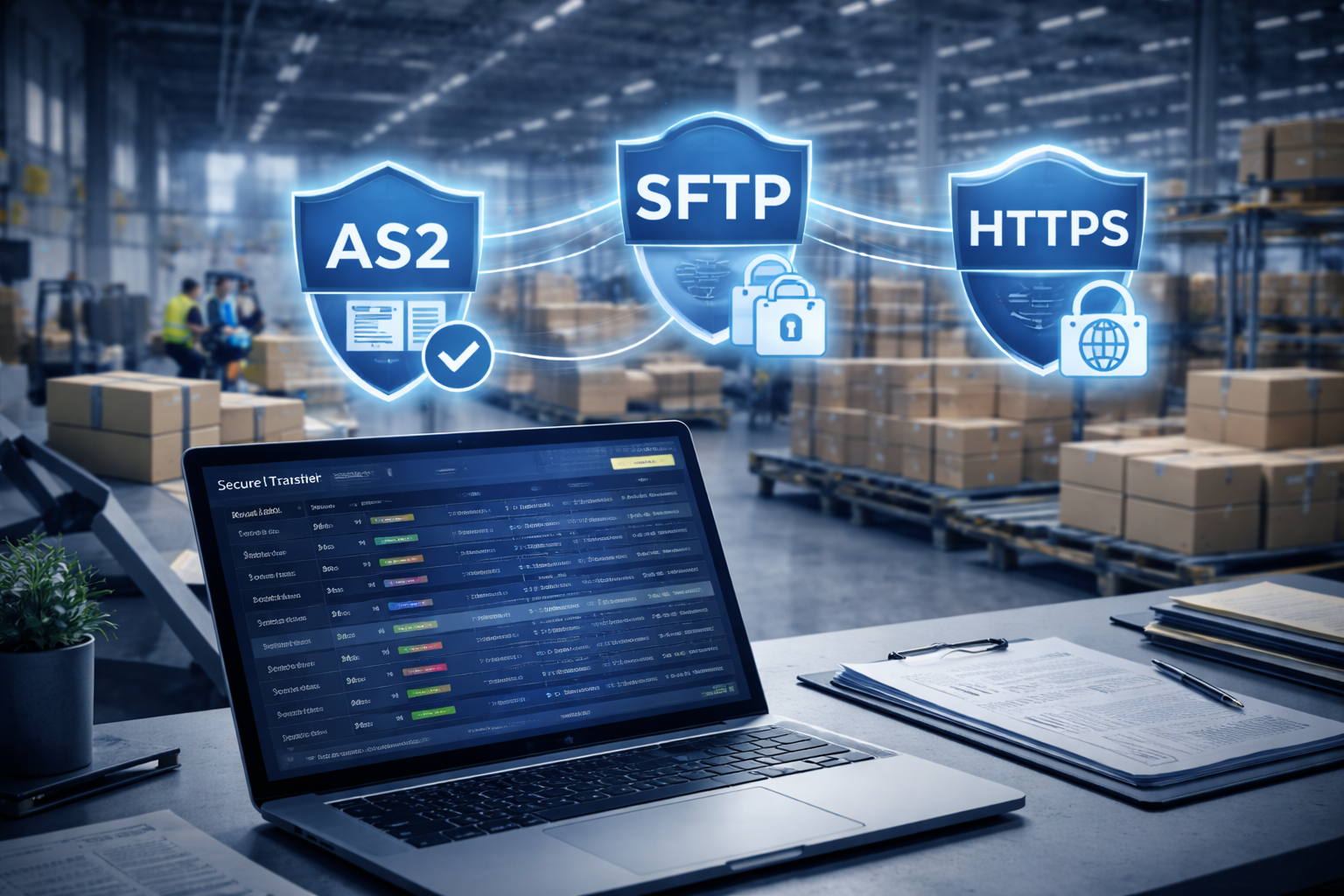
The hardware industry didn't slow down in 2020 as consumers tackled home improvements.If you've been inside The Home Depot or Lowe's, you probably haven't given much thought to just how many products fill its shelves: lumber, screws, nuts, bolts, power tools, drill bits, saws, keys, locks, hinges, chains, gardening supplies, paint, brushes, cleaning supplies — I'm barely scratching the surface here.The hardware industry is one that has embraced EDI technology to keep those shelves stocked with tiny washers and big sheets of drywall.According to market and consumer data provider Statista (www.statista.com), in 2020, total hardware store sales in the United States amounted to an estimated $60 billion, which is an increase of about $10 billion compared to 2019. By 2024, total U.S. hardware store sales is predicted to reach some $65 billion. While other industries struggled during the pandemic in 2020, many hardware stores experienced a boom as consumers tackled household projects during their new-found time at home.This industry is global, with retailers, suppliers, and manufacturers located all over the world. Everyone needs to be on the same page, and EDI provides the highest level of accurate information. (EDI stands for electronic data interchange, which is just a fancy way of saying sharing documents in a common virtual format. To learn more about how EDI works, click here.)Let's explore key areas where EDI is vital to the hardware industry.
Nearly all of the main hardware retailers require suppliers to conduct business via EDI. If The Home Depot, for example, wants to put a product on its shelves, the vendor won't be able to move forward without EDI.Ace Hardware, which has more than 2,000 suppliers, even lays this out on its website: “Our commitment to EDI covers all aspects of our relationship with our vendor partners, including: electronic transmission of purchase orders; receipt of Advance Ship Notices, which streamline order processing and expediting; sharing of Stock Status, helping you preplan for Ace Hardware's Purchase orders; electronic processing of vendor invoices; and payment of vendor invoices electronically via EFT and Remittance Advice Data.”
EDI completes purchase orders accurately. When a PO is initiated, the item number, price, and other data is populated automatically. Accidentally typing the wrong price or transposing a digit in the item number doesn't happen with EDI.Additionally, EDI allows retailers to place purchase orders with suppliers at lightning fast speeds. Once a vendor is selected, the retailer will enter the purchase order, and send the request to the trading partner. The partner's system is notified right away, so they can accept the order and move to the next step: fulfillment.
The ASN is an EDI document that details shipping status and what products are contained in the shipment. ASNs verify that the merchandise being sent by the supplier matches up with the store's purchase order. If there's a disagreement, a vendor is notified ASAP, and the situation is fixed. Suppliers are able to foster a superb working relationship with the big hardware retailers, as their products arrive at destinations on time and errors are caught before it's too late. (No one wants to field the call from The Home Depot after it receives 500 faucets instead of the desired amount of 50.)
EDI allows partners to see just how many garbage disposals, for example, are in stock, and where. Buyers can see the numbers at the warehouse, retail store, or supplier level before putting in a purchase order. The data is updated automatically, so it's always current, allowing vendors to accurately plan for future orders and have the products ready as soon as they are needed.This visibility became even more critical during the onset of the pandemic in 2020. Historical trends in hardware sales went out the window, because the economic climate was one we've never seen. As I mentioned earlier, many home-owners turned to DIY remodeling projects or made other improvements to their abode. Hardware retailers and suppliers had to pivot to this new demand when many products went out of stock quickly. Throughout it all, EDI helped keep the supply chain moving with the least amount of interruptions as possible.
Once the hardware store's order has been fulfilled, supplier invoices are generated and sent.Some buyers send a remittance advice document (also known as an EDI 820) to let the supplier know the payment is on the way and/or initiate a payment. In the latter scenario, the EDI 820 accompanies the electronic transfer of funds, and coordinates information from four institutions: buyer (payer), supplier (payee), buyer's bank, and supplier's bank.As you can see, that's a lot of sensitive information going back and forth. Not only does EDI pass the documentation on quickly, but it does so securely. Both trading partners can feel good about sending and receiving payment.
If you need to engage an EDI solution for your business, or if you're unhappy with your current provider, please know that BOLD VAN makes it simple. You'll be in good hands as we implement our system quickly and seamlessly.To find out how to get started, contact BOLD VAN by calling 844-265-3777 or emailing info@boldvan.com.DIY, EDI, EDI Compliance, EDI Implementation, Hardware Industry, Hardware Retail
BOLD VAN delivers a CFO-ready EDI solution that eliminates hidden fees and chargebacks with transparent, per-partner pricing and real-time messaging status. Designed for manufacturing finance leaders, it offers instant cost clarity, seamless migration, and easy ERP integration to keep surprises off your balance sheet and supply chain running smoothly.

Learn how hybrid API + EDI integration supports Shopify, BigCommerce, and D2C growth without mailbox fees, mapping delays, or compliance risk.

Compare AS2, SFTP, and HTTPS for warehouse EDI. Learn which secure transmission protocol fits your compliance, performance, and operational needs.